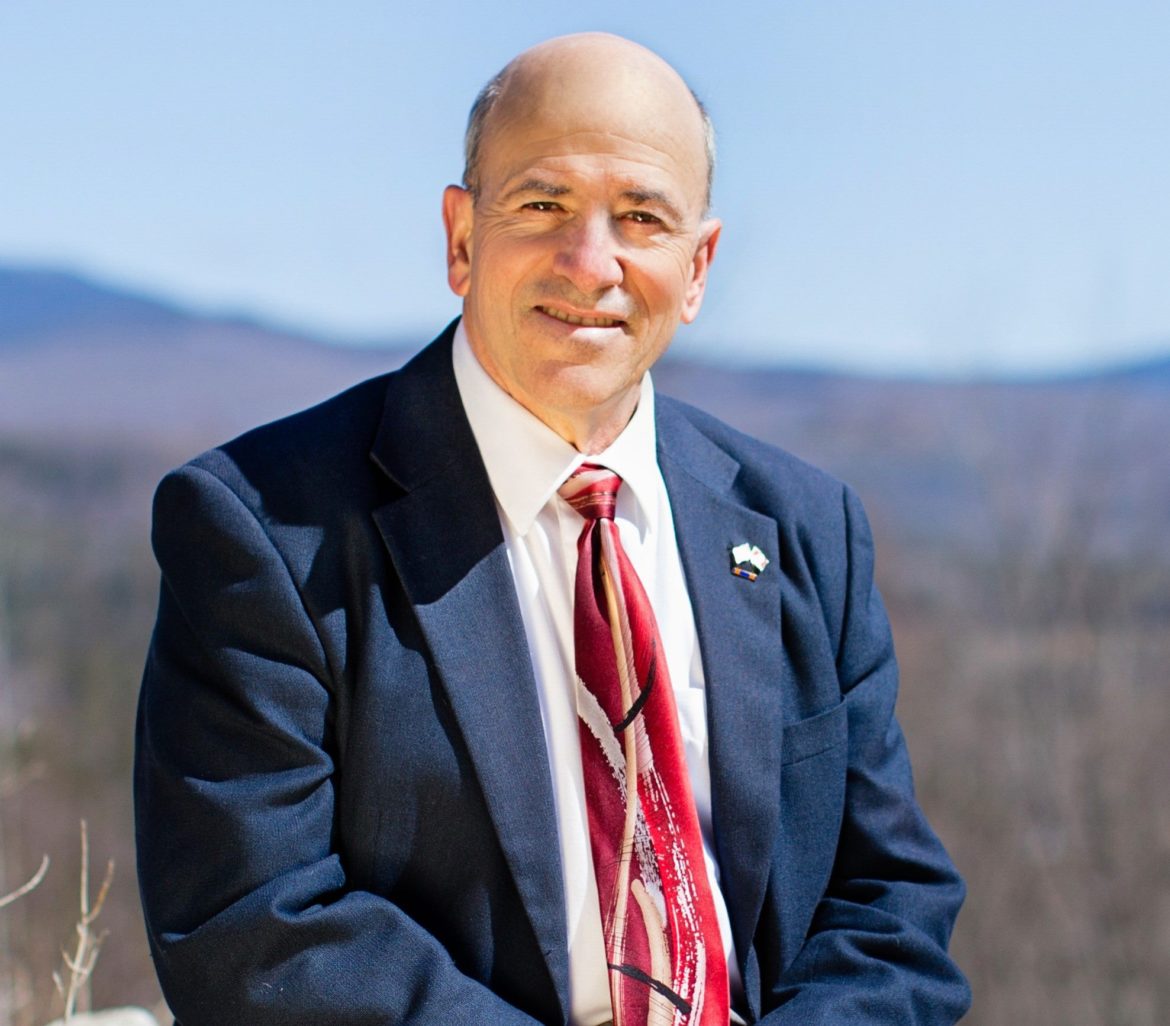By GARRY RAYNO, InDeptrhNH.org
CONCORD — After considerable discussion, the Joint Legislative Fiscal Committee Friday approved a federal infusion of $73 million to hire and retain workers in the Home and Community Based Services program.
Over three years, the money from the American Rescue Plan Act is expected to total $121.2 million.
The committee also decided not to act on a Governor’s Officer for Emergency Relief and Recovery proposed student loan forgiveness program although the agency provided additional details and the committee also tabled several other items due to privacy concerns.
The grant for the home- and community-based care program will initially allow Choices for Independence providers to recruit additional workers and to retain their current employees.
The program provides home health aide, adult day care, adult foster care, skilled nursing, supported home maker, personal care, and mid-level residential services so program participants may remain in their homes.
Similarly the program will also target Developmental Disabilities /Acquired Brain Disorder program home service providers with 80 percent of the initial funding required to support workforce retention and recruitment.
Overall the agency intends to use the federal funds for workforce investment, to improve access to services and pilot new services to promote, expand, and enhance HCBS.
At the meeting, several members were concerned that while the agency focused on increasing and retaining workers, it did not initially allocate money for the independent case managers.
State Sen. Robert Giuda, R-Warren, said the case managers work as hard if not harder than the providers. “This is an omission that needs to be remedied,” he said.
But Associate Health and Human Services Commissioner Christine Santaniello said the case managers would be addressed in the second round of funding which is expected between April and the end of the fiscal year in June.
She said there is a huge need for direct support workers who do not make a decent wage today.
Agency officials were reluctant to say how large an increase the federal grant would provide individual workers, noting the money would go to the providers to best determine how to address the issue.
And other members were concerned that the service providers who contract with the state understand this is one-time money and will not continue beyond the federal grant.
“This is going to end up with a general fund obligation when the money runs out,” said Rep. Jess Edwards, R-Auburn. “This will probably be a new bill.”
But Senate President Chuck Morse, R-Salem, told the committee the need in just the developmentally disabled program is significant with about 1,000 people affected by the shortage of workers.
“Direct service people allow people to go to work and keep their jobs everyday,” Morse said, and now “they are staying home and giving up their jobs to do this.”
He noted the money would be a starting point as there are many areas where workforce issues need to be addressed. “This is definitely needed,” he said.
The committee voted 10-0 to accept the federal money.
Student Loans
The fiscal committee discussed a $16.5 million proposal to set up a pilot program to pay off up to $20,000 in student loans for recent college graduates who accept a job in New Hampshire and agree to stay for four years.
The committee tabled the item at its last meeting, saying members needed some information about the program, which they received, but put the plan on the table again Friday.
Giuda called the program patently unfair saying there are many people paying off their student loans willingly, while this program would offer an incentive to others who also have loans.
Taylor Caswell, the head of the Governor’s Office for Emergency Relief and Recovery said he could not address the fairness issue.
“This program was created to address a need in the state now for (a larger) workforce,” he said.
State Sen. Lou D’Allesandro, D-Manchester, wanted to know who would track the recipients to ensure they worked in the state or four years, and Caswell said the Business Finance Authority would track participants, which is expected to be about 1,015 individuals
“The driving factor is getting people into and keeping people in jobs in New Hampshire,” Caswell said.
Edwards likened the program to a state-run raffle and called it bad policy that sends a bad message.
The program was tabled on a 10-0 vote.
Privacy Issues
The committee also tabled a $3.3 million federal grant for the Department of Health and Human Services and Secretary of State’s Office to upgrade the state’s data collection system for vital statistics.
The money would accelerate data modernization efforts, including infrastructure, implement electronic reporting and upgrade the National Vital Statistics System to better automate data sharing between the state and federal agencies.
Several members of the committee were concerned about the potential sharing of individuals’ private information and wanted to know what is shared with the federal government and if a person could refuse to provide the requested information.
“I am not willing to support this for any amount of federal money,” said Giuda, “if we are going to see more invasion of privacy from the (federal) government.”
The item was tabled on a 10-0 vote.
Garry Rayno may be reached at garry.rayno@yahoo.com.





